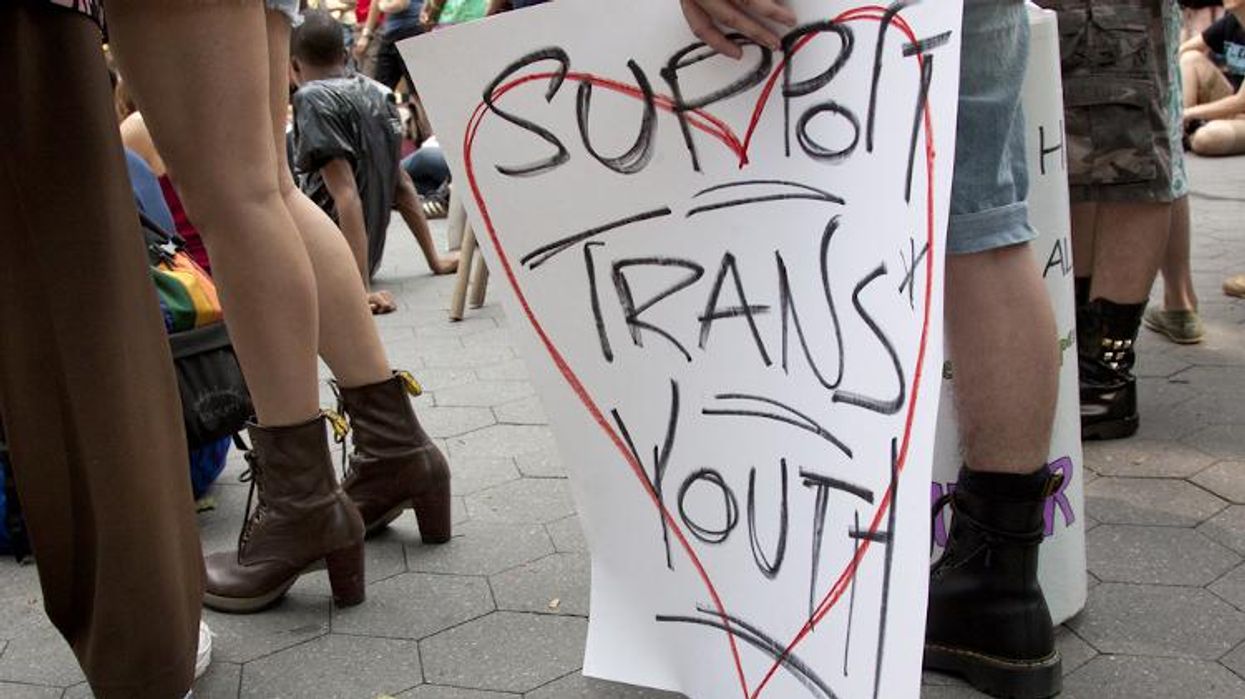A bill that would have barred doctors from offering hormones or puberty blockers to transgender teens and children was vetoed on Monday by Arkansas's Republican governor, Asa Hutchinson.
While gender-confirmation surgeries are almost never performed on minors, Arkansas's bill banned these along with other treatments. In addition to the proposed ban on hormones for trans youth, the legislation would also ban referrals for such care and would allow private insurers to refuse to cover gender-affirming care for people of any age.
"This is a huge victory for the transgender and nonbinary youth of Arkansas. Thank you to Governor Hutchinson for doing the right thing by rejecting this dangerous bill -- the Arkansas state legislature should follow his lead in acknowledging the mental health risks of this bill and let the veto stand," said Sam Brinton, vice president of advocacy and government affairs for the Trevor Project, in a statement.
"We hope this action sends a message to other lawmakers across the country considering similar bans on gender-affirming medical care, which would only work to endanger young trans lives. While they're at it, we'd also urge Arkansas to reconsider its misguided ban on trans student-athletes."
No rationale for Hutchinson's veto was initially reported by the Associated Press, but numerous psychologists, social workers, and civil rights activists previously pleaded with Arkansas politicians to not target an already marginalized group of children by banning gender-affirming health care.
Trans advocates in Arkansas are still concerned because the veto could be overturned by a simple majority in the Republican-controlled legislature. The Arkansas House and Senate have already passed two anti-LGBTQ+ bills this session, which Hutchinson did sign. One, mentioned by Brinton above, banned trans student-athletes, forcing them to compete in the gender they were assigned at birth rather than the one they identify with. The second bill signed by Hutchinson allows health care providers to opt out of procedures to which they have religious or moral objections. This could lead to discrimination against LGBTQ+ people, women, members of minority faiths, and others, activists say.
















